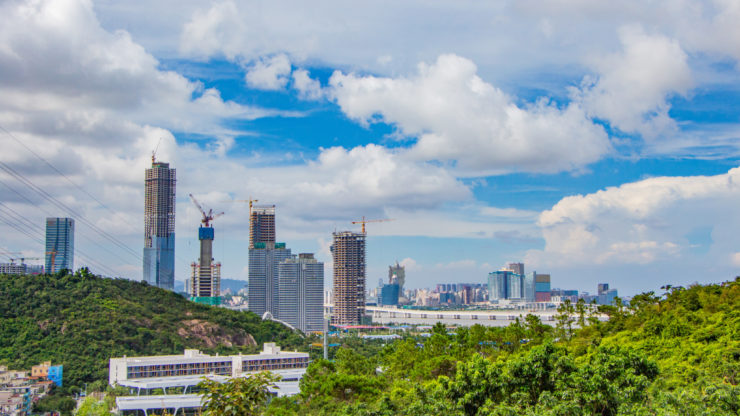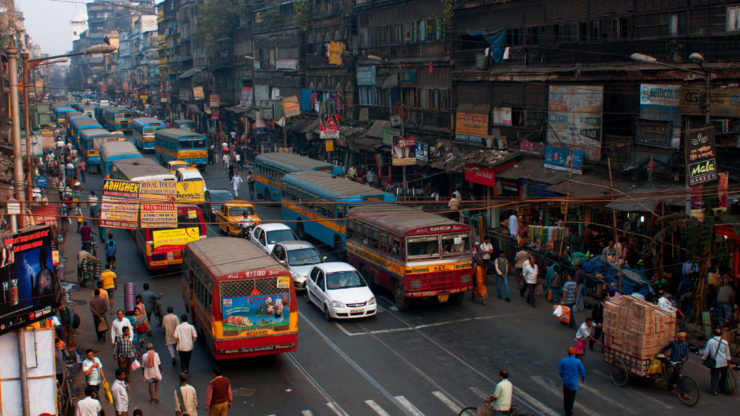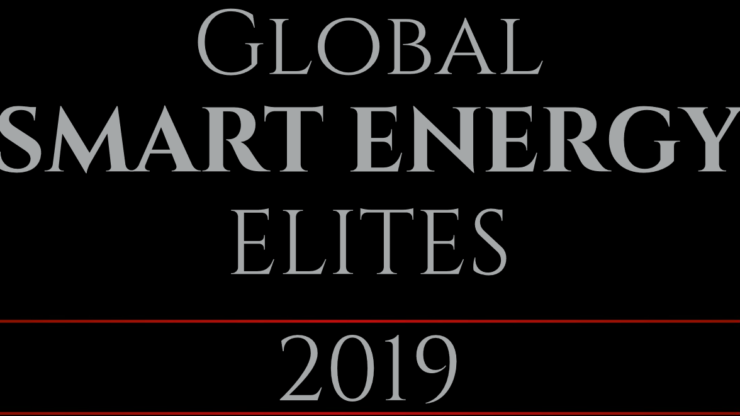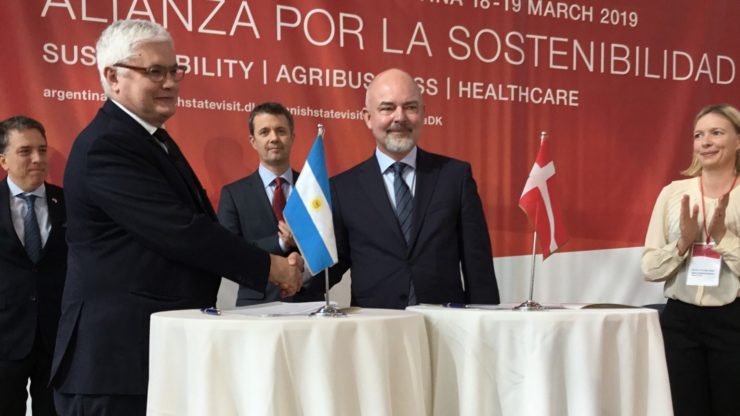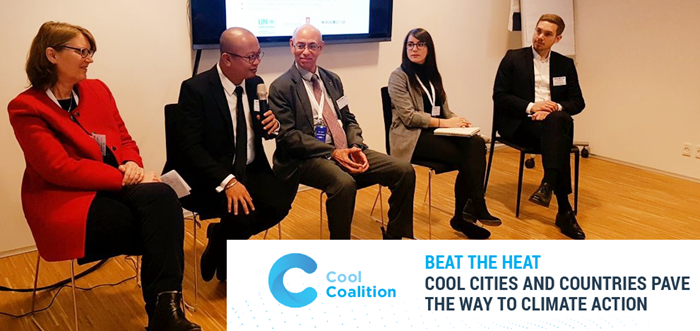We need district energy if we want to close the gap between our current actions and ambitions and where we need to be to reach the goals in the Paris Agreement and SDGs.
Current national commitments to the Paris Agreement make for climate projections many degrees above the desired 1.5C standard to avoid the most catastrophic impacts of climate change. To achieve the energy transition necessary, it will be crucial to increase the share of renewables in power supplies while increasing efficiencies across cities and systems. District energy accomplishes both.
Fortunately cities around the world are eager to share experiences on implementing district energy solutions and learn from each other.
The District Energy in Cities Initiative, a network of 36 cities, 14 countries and 69 organisations and businesses, works globally to implement district energy projects. Projects that not only reduce air pollution in cites and save energy, but also enables progress on SDGs and climate targets.
To harness the momentum building for 2020, the District Energy in Cities Initiative gathered its global partners in late June for the its 5th annual Partner Forum in UN City in Copenhagen, to discuss recent project developments and successes and where the Initiative hopes to develop further.
A growing initiative
The District Energy in Cities Initiative has seen great achievements over the last year. More cities and countries are turning to district energy systems to improve grid stability and resilience, cut energy spending, and reduce air pollution.
| 2018 | 2019 | |
| PARTNERS | 43 | 69 |
| INVESTMENT* | $29.9M | $84.8M |
*2019 Investment figure is made up of $78.5M leveraged in‑kind and cash investment, and $6.3M in direct investment
Five years ago the District Energy Initiative started out with a couple technical experts and a few committed partners. This year the Partner Forum broke all previous records with more than 100 participants.
“Cities are looking for ways to reduce air pollution, increase energy efficiency, but also to reduce the use of refrigerants with strong global warming potential. The work they are doing with district energy also contributes to NDC’s on both local and national level,” Says Head of Strategy at UNEP DTU Partnership, co-hosts of the forum, Gabriela Dias.
Interested in learning more about the Initiative’s actions globally? Read our 2018/2019 Progress Report.
Capacity for change at scale
The District Energy Initiative is one of six accelerators of the Sustainable Energy for All (SEforALL) Energy Efficiency Hub, hosted by the UNEP DTU Partnership’s Copenhagen Centre on Energy Efficiency. The centre also acts as an outpost office of the Initiative.
Cities provide the population density, economic activity and intellectual capacity for change at scale, but capacity building is needed on a broad scale.
On the first day of the forum, several training sessions took place to build capacity and share experiences regarding district energy implementation and potential.
Some of them were part of the Initiative’s 10-step signature approach to unlocking national district energy development which takes climate ambition to the next level.
Replication and scalability
A key element in creating an impact through district energy is replication and scalability of projects. For this reason a large part of the Partner Forum was dedicated to presenting results and experiences and furthering collaborations between public private actors and knowledge institutions and the UN.
A good example of the possible rapid growth of district energy projects under the District Energy Initiative comes from Chile, and was highlighted several times during the forum.
Felipe Mellado, from the Ministry of Energy Chile saw the forum as a great opportunity to share progress and exchange experiences and lessons learnt with other countries
“The rise of district energy is a great opportunity for us to transform our energy systems and find a solution to the air quality issues that affect our cities in the South of Chile.
The District Energy Initiative has been a great support to accelerate this work and engage local authorities and the different stakeholders in the country,” he said.
In Chile, the city of Temuco started working with district energy, assisted by UNEP DTU Partnership, and now 14 cities, including the capital Santiago, are exploring district heating options for heating.
Cool Coalition
The 5th Annual Partners Forum also highlighted the newly launched Cool Coalition. The Cool Coalition is a global effort led by UN Environment, the Climate and Clean Air Coalition, the Kigali Cooling Efficiency Program, and SEforALL.
Launched at the First Global Conference on Synergies between the 2030 Agenda and Paris Agreement, the Cool Coalition aims to inspire ambition and accelerate action on the transition to clean and efficient cooling. An area that has previously been a blind spot in climate efforts.
The Cool Coalition offers a three-in-one opportunity for governments and cities in developing countries to cut global warming, improve the lives of hundreds of millions of people and make huge financial savings.
Read more about the Cool Coalition here.
Seeing is believing
The Forum was concluded with two days of field visits in Copenhagen and surrounding areas and in neighbouring Malmö, Sweden.
The participants of the partners’ forum visited district energy sites that could inspire and encourage participants. Among the places visited was a district cooling cooperative in Høje Taastrup and Hofor, the Greater Copenhagen Utility, serving more than 1.1 million people with both district heating and cooling, drinking water and wastewater disposal.
About the initiative
The District Energy in Cities Initiative is a multi-stakeholder partnership coordinated by UN Environment, with financial support from DANIDA, the Global Environment Facility, Italian Ministry of Environment and Protection of Land and Sea, and the Kigali Cooling Efficiency Program (K-CEP).
As one of six accelerators of the Sustainable Energy for All (SEforALL) Energy Efficiency Accelerator Platform, the Initiative aims to double the rate of energy efficiency improvements for heating and cooling in buildings by 2030, helping countries meet their climate and sustainable development targets.

